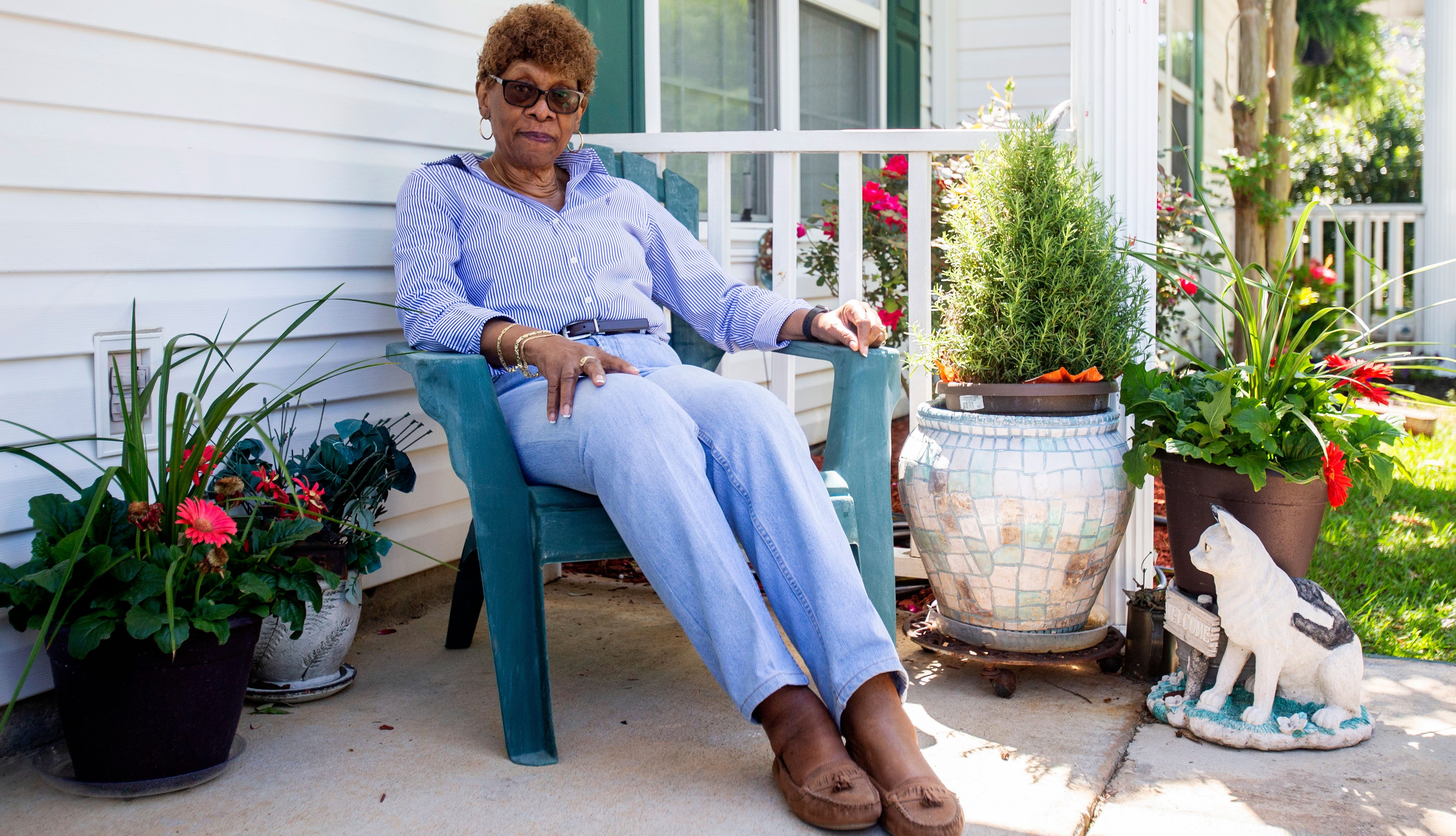AARP Hearing Center

It was a day of prayers and speeches, shovels and dirt. But watching the groundbreaking in Charleston for the International African American Museum last October, Mattie Anderson felt that it all could lead to so much more.
The museum is going up on the Gadsden’s Wharf site, where about 40 percent of all Africans enslaved in America took their first steps into bondage.
At the groundbreaking, Anderson, 78, flashed back to her years at South Carolina State University in Orangeburg, where she was involved in the civil rights movement alongside now-U.S. Rep. James Clyburn (D).
“I remember marching down Russell Street,” said the retired middle-school teacher and administrator. “The struggle for social justice is not defined by resentment but also trying to see ways of making life just and better.”
Anderson, an AARP volunteer in Columbia, is spreading the word about the organization’s support for the museum. It’s one element of an ambitious Social Justice Project that AARP South Carolina launched this year.
It features outreach ranging from a statewide book club to a bus trip to Alabama. The goal: touch all South Carolinians in some way.
“I think people of all colors are hungry for positive, meaningful dialogue,” said Teresa Arnold, AARP South Carolina state director. “People are tired of mean-spirited and hateful language.”
She added: “As a white person, I am aware that we can’t foster healing conversations with only African Americans. We need everyone represented if we want to make a difference.”
Remembering lynching victims
As part of the effort, AARP South Carolina will become a charter member of the Charleston museum, which is set to open late next year, contributing $10,000 and participating in its programs.
The association will also lead a bus tour in October to the National Memorial for Peace and Justice in Montgomery, Alabama, which honors victims of lynching.
A tour for about 50 members and volunteers is planned, said Jo Pauling-Jones, AARP South Carolina advocacy and outreach director, but so many people are already interested that when the public hears about it, “I think we’re going to need more than one bus.”
The memorial features 800 steel columns engraved with the names of lynching victims, including the 185 in South Carolina. AARP will encourage South Carolinians to push for similar monuments in their own counties.
AARP also organized a statewide book club in March to discuss attorney Bryan Stevenson’s memoir, Just Mercy: A Story of Justice and Redemption. It chronicles his efforts to improve legal representation for minority clients, including some on death row. The book was recently turned into a movie.
Anderson is keenly interested in the Charleston museum, which will have genealogical research aids, exhibits and artifacts.
It could be especially enlightening for younger and future generations of African Americans, she said. “Our kids really need to understand the history of their lives—who they are and from whence they’ve come.”
Find updates on the Social Justice Project at aarp.org/sc/SocialJustice. Or contact Jo Pauling-Jones at 803-765-7372 or jpaulingjones@aarp.org.
Linda Lamb is a writer living in Columbia.
More on Race































































